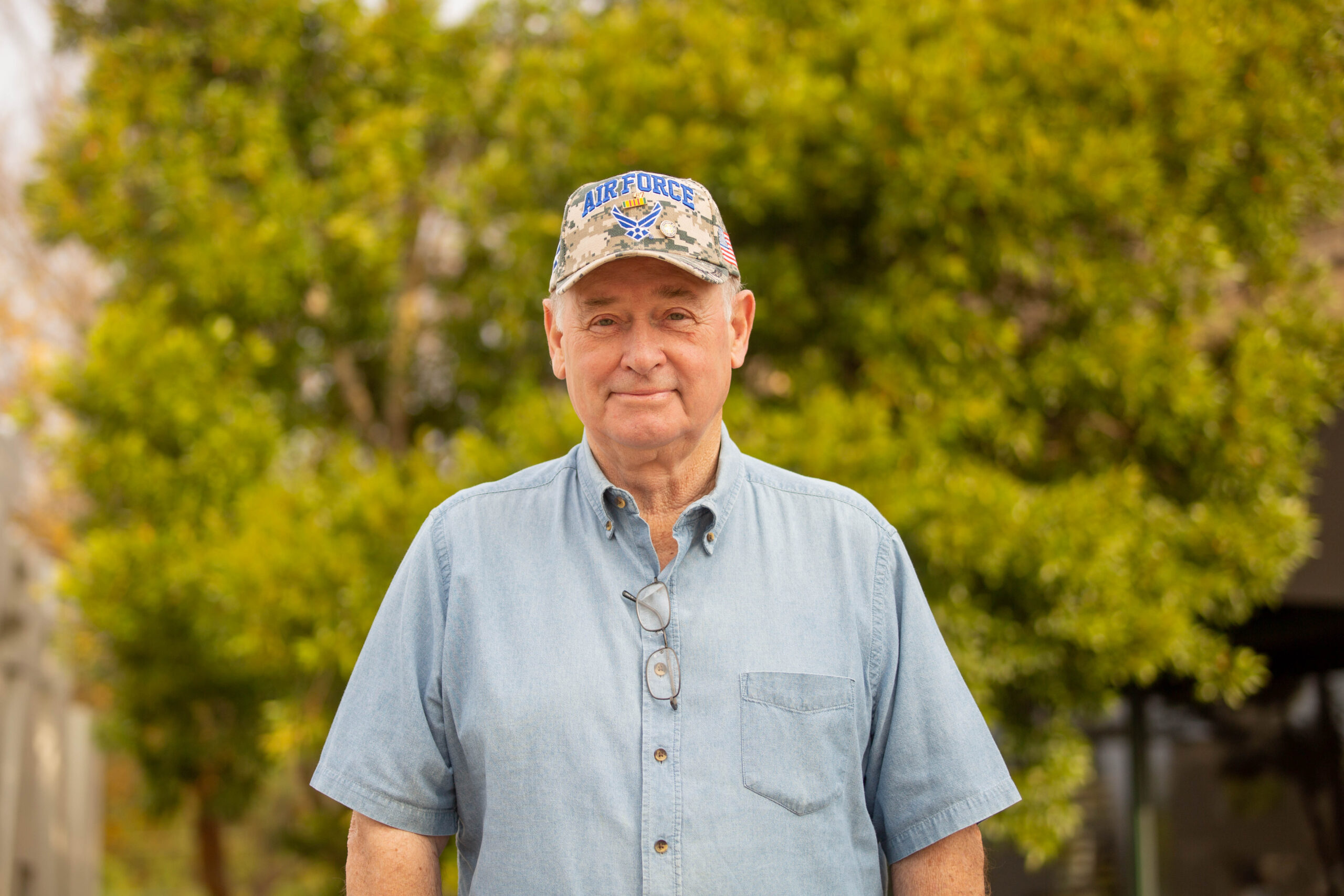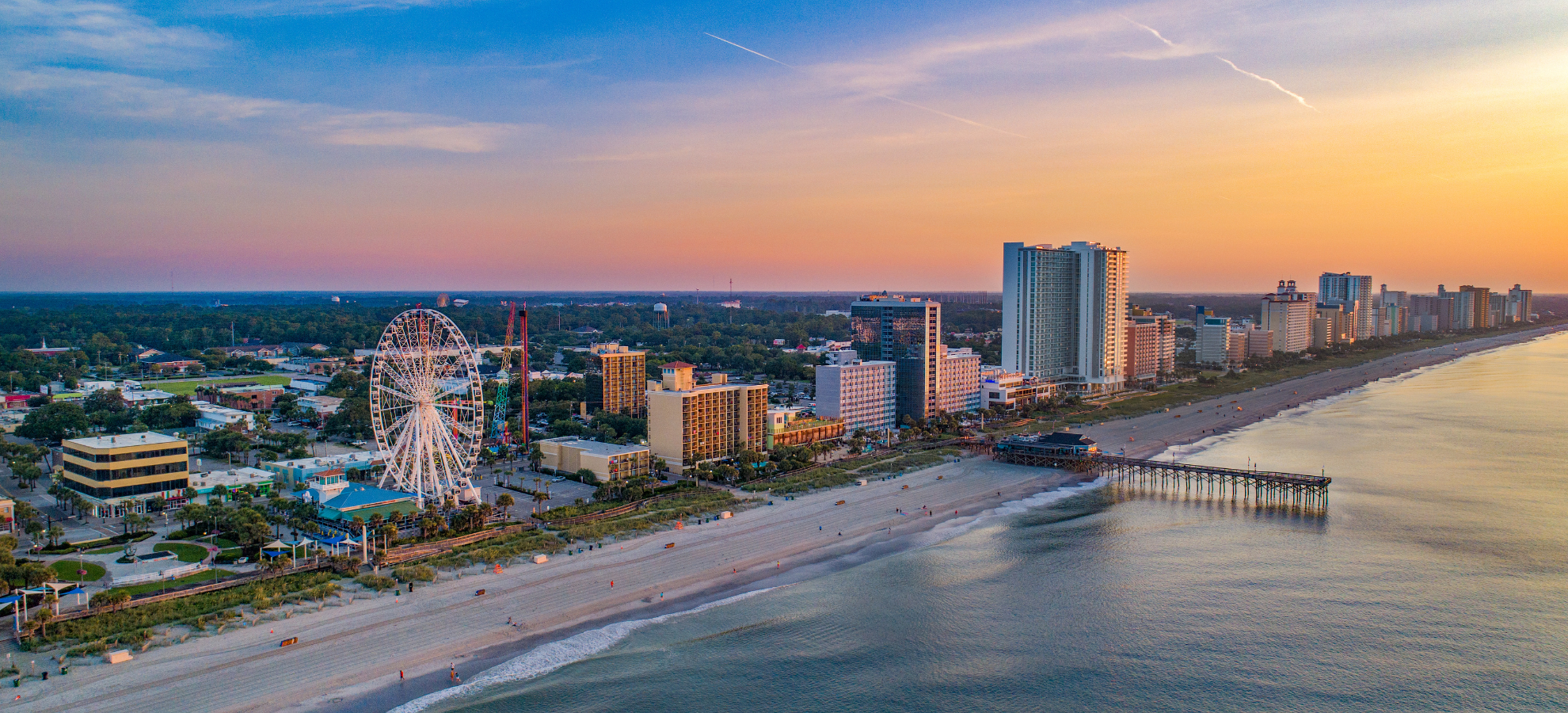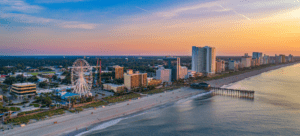Vietnam Veteran and Air Force Jet Engine Mechanic
Celebrate Our Veteran gives voice to the stories of the U.S. military veterans living amongst us. The actions of these brave and dedicated people, who have served our country both in active military duty as well as administrative positions, have and continue to contribute to the protection and preservation of us and our country.
We hope that this section of our paper is an opportunity for our community to hear and see veterans with new eyes, and for veterans to receive recognition and honor for their experiences and life journeys.
This month’s Celebrate Our Veteran recounts the story of Michael Stallings as told in his own words.
by Melissa LaScaleia
“I was born in Cumberland, Maryland in May 1946. At the time, it had a population of about 30,000. It had two high schools— mine was Fort Hill High School— they were rivals on the football field all the time. I pursued a vocational course— woodshop, draftsmen, and machine shop. My dad was mechanically inclined and I seemed to fall into his tracks. In 1964 I graduated, and that same year, I enlisted in the Air Force.
Because it was the time of the Vietnam War, I knew I was going to get drafted. So I decided to enlist so I could pick the arena that I wanted to work in and learn a skill. I chose the Air Force for education purposes; I knew I could learn more there. Plus I disliked being on the water, so didn’t want to go into the Navy.
I completed my basic training at Lackland Air Force Base, in Texas. Then I went to Sheppard Air Force Base, Texas, for tech school; that’s when I got into mechanics. I spent several months there learning the basics of jet engine components and became a jet engine mechanic in the military.
In November of that year, I was stationed at McGuire Air Force Base, in New Jersey. There I worked on gas turbine compressors (GTC). I would conduct the repairs on them. GTCs supply the air conditioning systems when the plane is at dock as well as all the accessories that run on the plane, like the lights.
Then I got switched into working on repairs for T56 engines. Those are the engines on the C-130 aircraft. I worked on those until I left McGuire.
In September of 1966, I went to Clovis New Mexico, to a technical school to learn about J-57 engines. Those engines pair with the F-100 airplanes which were here at Myrtle Beach Air Force Base for years.
In November, I was sent to Bien Hoa, Vietnam, 35 miles outside of Saigon in South Vietnam. The 101st Airborne Division was stationed just outside the perimeter of our base.
I spent a year there working on the J-57 engines for the F-100 aircraft. We would get some engines in that were damaged from shells and ammunition. We’d have to take them all apart, and rebuild the thing entirely.
I was never specifically shot at, but the Viet Cong fired off 167 rounds of mortars and rockets into the base where I was stationed one day. I was on the perimeter of the base on guard duty when it happened. My friend’s hut as we called it (his sleeping area), blew up. Luckily he wasn’t in it at the time.
I was in the auxiliary air police and was qualified with an M-16. When things like that popped up, I would be brought into the air police squadron and put on guard duty someplace. We didn’t think we were in a particularly dangerous place, but when hit with that much enemy fire, you rethink that. We had a lot of aircraft that was damaged during the ambush.
The Viet Cong were aiming at anything they could, doing anything they could do to slow us down and wreak havoc. When you have that many mortars and rockets coming at you, you’re going to be frightened. We weren’t that far away from their target, but we were lucky that they stayed around the flight line. They were trying to keep our planes from being able to take off. I don’t know how many people were injured or killed during that.
The attack lasted for about twenty minutes. Then they just left. A lot of Vietnamese would come on base pretending to be allies, and would work on the base, cleaning streets, working in the kitchens, cutting grass, or doing laundry. But some were really part of the communist regime and acting as spies. We really had no way of knowing if they were spies or not because they were all supporting their families monetarily.
But most of the time, I went to work at 6pm and got off at 6am. The first week I was there, I didn’t sleep at all. Then I came back to the hut one day and fell asleep for 24 hours.
We had C-123s, C-130s, and a few other planes at that time that were classified at our base; they were used to distribute agent orange. A lot of guys got sick from that. Bien Hoa as of today, is still listed as a hazardous waste dump because of agent orange.
After my year there, in Nov 1967, I came back to the states and was stationed in Myrtle Beach. My girlfriend at the time was living in Massachusetts, and I proposed to her and she said yes. We got married at the Myrtle Beach Air Force Base by the base chaplain at 9am. And at 9:30am, I was walking across the tarmac to board the plane back to Vietnam for a TDY, a temporary duty.
As I was walking, suddenly a lieutenant yelled at me to get out of line, because the person I was going to replace had extended their term in Vietnam. That was their wedding present to us.
We had a hell of a party that night. We went to Garden City and had a bonfire on the beach. They tried five more times to send me back over to Vietnam, but I never could go. They can send you for 90 or 120 days or 6 months, but every time my name came up in the system for an opening for my career field, I was just shy of the days left in my contract to be able to complete the term that they designated. Then they would have to put my name back into the system again.
At Myrtle Beach I worked in the engine shop with the F-100s again. I was in the shop for the 354th Technical Fighter Wing. My time in Myrtle Beach was great. My wife and I lived in Garden City. She was a waitress. And we ran into someone who owned a bunch of houses and cottages. On Sunday, we would go up and clean them. That was when I was off-duty.
We also liked to travel around a lot. We liked to sight-see. I had an aunt and uncle who lived in Florida. Sometimes we’d drive down for the weekend and come back for work on Monday morning.
I enjoyed what I was doing; I loved working on the aircraft engines. If they hadn’t tried to send me back to Vietnam so many times, I would have enlisted and made a career out of it. My term was up August 9, 1968.
Then we moved North, and I went to work in East Hartford, Connecticut for Pratt and Whitney aircraft; they made the F-100 engines. We ran the engine under stress to see how it performed.
Our son Glenn was born in Connecticut. Then I made a career change running heavy equipment and moved into construction, home repair and remodeling. We relocated to Myrtle Beach in 2012. We always liked it here and knew we wanted to retire down here.
I will say that Myrtle Beach is not the way it used to be. It’s grown a lot. But my wife and I love to walk the beach together every day. That’s our favorite thing to do here.
Five years ago, Glenn made arrangements with a base Lieutenant Colonel to come back to the Myrtle Beach base chapel and remarry my wife and I. It’s no longer the base chapel, but it’s still there. He planned the entire ceremony, and surprised us, and we renewed our vows.
It was on our 47th wedding anniversary. It was really supposed to be for our 50th, but he decided to do it sooner, ‘Because,’ he said, ‘you never know what tomorrow will bring.’”
















